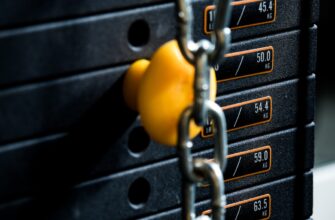## Why Private Key Security Matters for Beginners
A private key is a cryptographic string of characters that grants access to your digital assets, such as cryptocurrencies or encrypted data. If someone gains access to your private key, they can steal your funds or impersonate you online. For beginners, understanding how to store private keys safely is critical to avoiding irreversible losses.
## 7 Best Ways to Store Private Keys Safely
Follow these beginner-friendly methods to protect your private keys:
– **Use a Hardware Wallet**: Devices like Ledger or Trezor store keys offline, shielding them from hackers.
– **Avoid Digital Storage**: Never save keys in emails, cloud drives, or notes apps. These are vulnerable to breaches.
– **Write It Down**: Write the key on paper and store it in a fireproof safe or lockbox. Use waterproof ink.
– **Split the Key**: Divide the key into multiple parts and store each in separate secure locations.
– **Use a Metal Backup**: Engrave the key on a stainless steel plate to protect it from fire or water damage.
– **Enable Two-Factor Authentication (2FA)**: Add an extra layer of security to accounts linked to your key.
– **Avoid Screenshots**: Digital images can be hacked or accidentally synced to insecure platforms.
## Common Mistakes Beginners Should Avoid
New users often make these errors when handling private keys:
– Sharing keys via messaging apps or social media.
– Storing keys on devices with malware or outdated software.
– Using weak passwords to encrypt digital key backups.
– Forgetting to create multiple backups.
– Ignoring phishing scams that trick users into revealing keys.
## FAQ: Storing Private Keys Safely for Beginners
**Q: What is a private key?**
A: A private key is a secret code that proves ownership of digital assets and allows transactions. Losing it means losing access forever.
**Q: Can I store my private key in a password manager?**
A: While better than plaintext files, password managers are still online tools. Use them only for encrypted backups, not primary storage.
**Q: What if I lose my private key?**
A: There’s no recovery option. Always create physical backups and store them securely.
**Q: Is it safe to store keys on a USB drive?**
A: Only if the drive is encrypted and kept offline. USB drives can fail or get corrupted over time.
**Q: How often should I back up my private key?**
A: Backup immediately after creating the key. Update backups if you generate a new key.
## Final Tips for Beginners
Start with a hardware wallet for maximum security, and always test backups to ensure they’re readable. Never share your private key, even with trusted friends. By following these steps, you’ll minimize risks and keep your digital assets secure.








